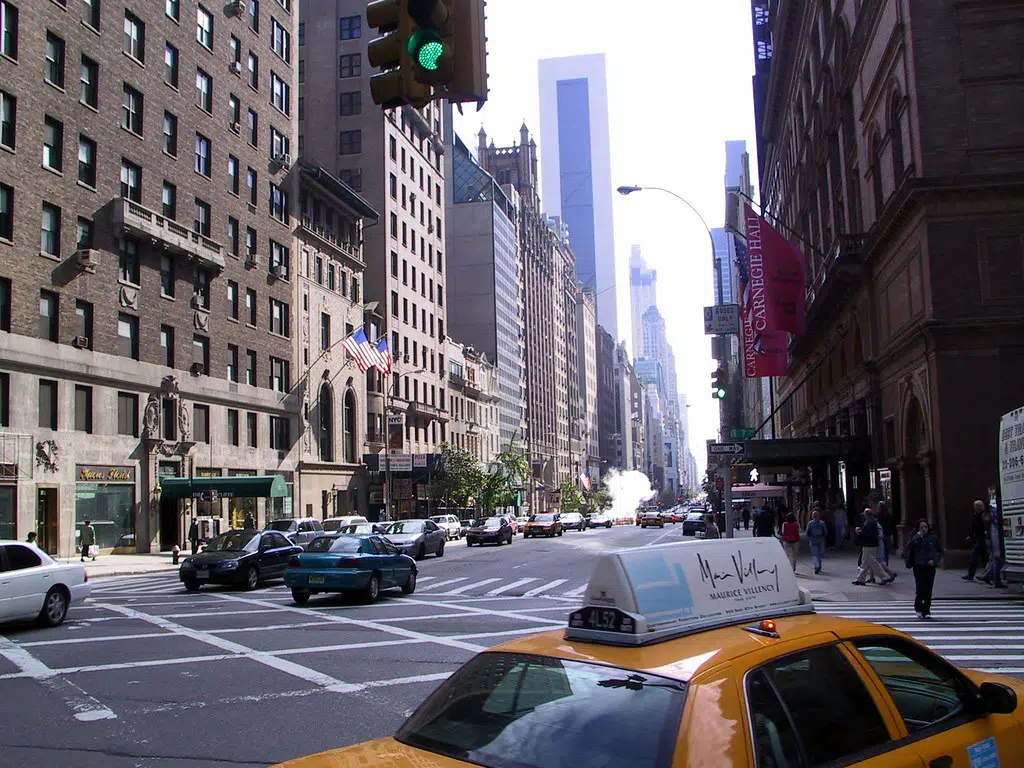Environmental Scientist Leon Kolankiewicz recently finished a study on the impacts of urban sprawl where he found some shocking information. His research shows that from 1982 – 2017, we lost 5% of prime farmland, while also having a population growth of 90 million. “There is a long-term loss in this country and around the world of good agricultural land,” Kolankiewicz says this is partially due to the rapid population growth.
With a growing number of people, we have an increasing demand for food, which means we need more farmland, which there is less and less of. You can easily see where the issue is. He said that this problem brings a threat to ag potential and food security in the country. Kolankiewicz said that even with the numbers between people and farmland being so unsustainable, it doesn’t have to be that way.
“We’ve got to stop paving over farmland, right? That can be done, through both higher density, but also through population stabilization,” he explained that President Nixon and Clinton both had commissions on population growth and the environment. He went on to say, “we’ve got to stop putting ever-increasing demands on our productive land base…we’ve got to try and prevent erosion through better cropping and better practices that reduce erosion rates that add to fertility.”
Kolankiewicz brought up how we as humans should realize that there are some things on the earth that can’t be replicated. For example, soil. “There’s still a tendency on the part of a lot of folks to think that human ingenuity can solve all problems. Well, we still haven’t found a way to invent soils yet,” Kolankiewicz says, “we still depend on natural resources and can’t wish away that dependence. There can be too much demand for limited, declining, or depleting resources, and we need to be cognoscente of that as individuals, as a nation, and as a world if we are going to live sustainably.”
For the full interview with Leon Kolankiewicz as we dove into vertical farming and selling the farmland to developers, check out the podcast page.





